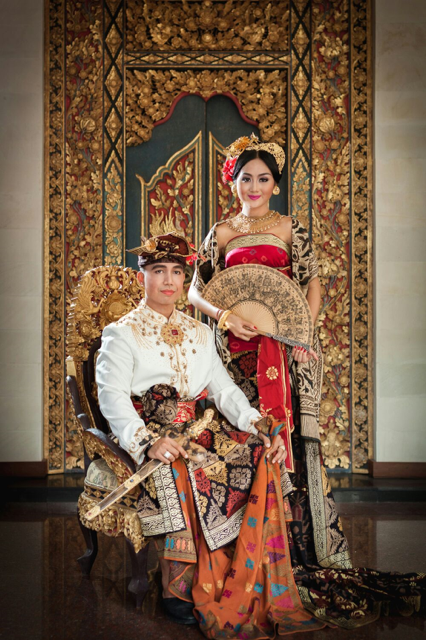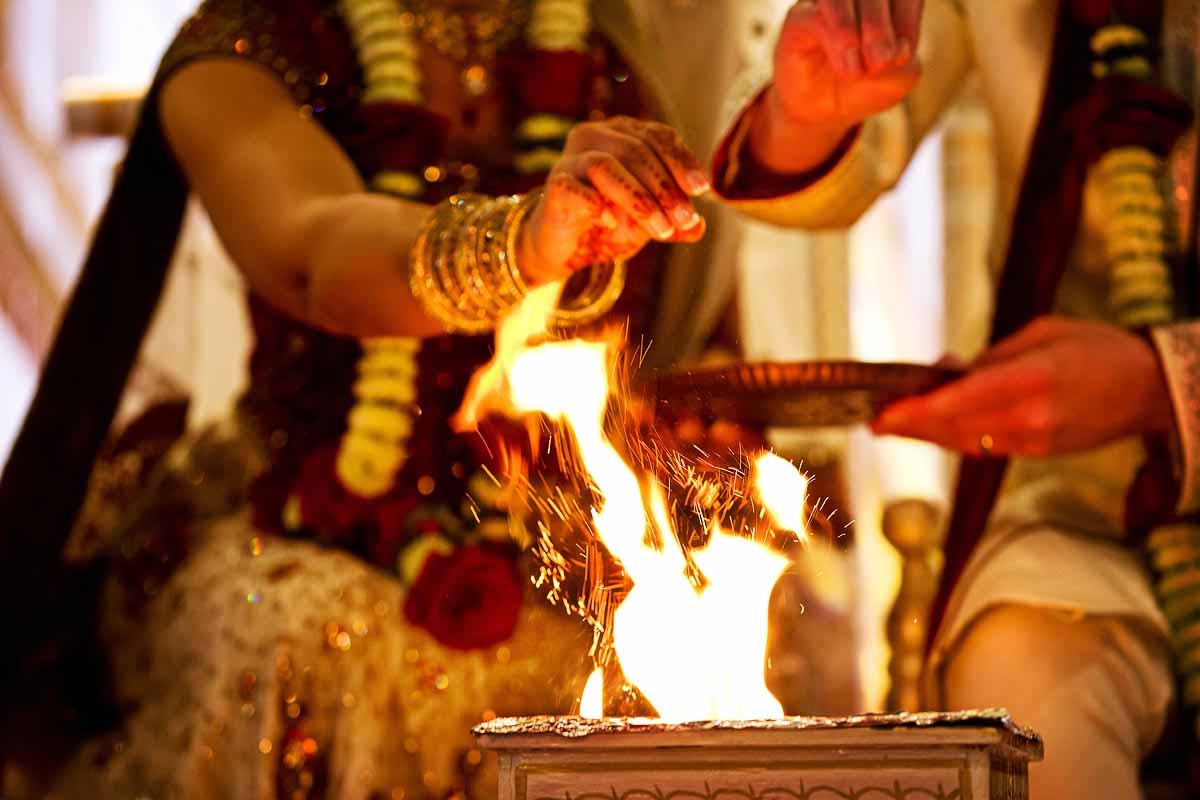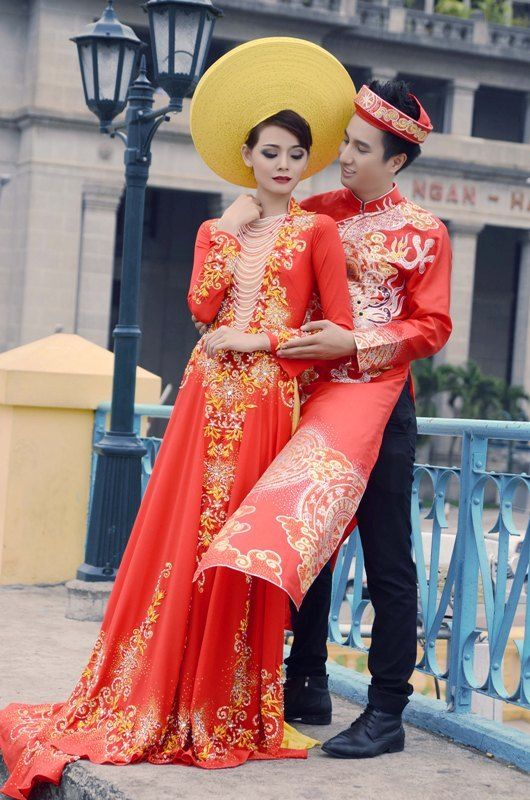Wedding Day Traditions Across the Globe
Have you ever truly admired the diversity in wedding day traditions? From every corner of the earth and turn of a page in a history book, the notion of love has always been present. Whether you’ve inevitably fallen victim to another classic tear-jerker, or practicing your own customs by covering in intricate works of henna designs (mehndi) before the big day, you have most likely experienced this diverse concept first-hand. Much like love encompasses a great deal of the world; comparably, it does the same with us here at Jinja Jewelry. From Bali to Myrtle Beach, SC, beached coral to now hand-crafted jewelry, Jinja was built and continues to build on the compassion of friendship and family. We advocate for love in all languages, and would love to express that by sharing a few interesting wedding day traditions around the world!
Balinese Friends

The picture above shows two of our cherished Balinese friends who will be getting married in March. We are pleased to announce that the founders of Jinja, Don and Elaine Helmig and Joy Daniels, will personally witness this testament to love and devotion! The gentleman comes from a long line of silver smiths, and is shown with his future wife in the Royal Palace. The delicately crafted tapestry (in the background) is woven with strands of gold, and proves that skilled Balinese artisans have had a rich tradition of creating beautiful works of art for hundreds of years.
The wedding ceremony, or pawiwahan, is a vital aspect of life to the Balinese people. This occasion is performed under very sacred and spiritual means, and is considered to be a commitment witnessed by other human beings, those of the underworld, and the gods. The union between the bride and groom is admired immensely for its spiritual and personal achievement. Those who are wedded are often valued for the ability to continue the Balinese way of life and the reincarnation of elders through offspring.
India- Vivah Homa

In the heart of India, many wedding ceremonies are focused around the ignition of a small fire. The sacred fire serves to embody the presence of Agni, the fire-god of Hinduism. Across the span of culture and history, fire has been used to perform sacrificial practices in many religions. This is seen as a sanctified way to directly communicate with a divine being. Agni represents this concept. By being the translator of the gods and center-stone for sacrifice, Agni’s spirit midst the fire does even more than just confirm the commitment between the bride and groom. A prayer for children, prosperity, and a healthy life is also requested.
Vietnam

While white may be a common first thought when picturing a wedding in the US, in the case of the Vietnamese, red is the new white. The color red is seen as a lucky charm towards a lucrative future. Much of the gifts given during this occasion are wrapped in red silk and boxes. The superstition of luck even carries on into the tedious task of figuring out the date of the ceremony. Many Vietnamese couples turn to fortune tellers and astrologers in hopes of establishing a wedding day tradition full of odds in their favor!
For more awe-inspiring facts and Jinja adventure follow us on Instagram, Twitter, and Pinterest!
